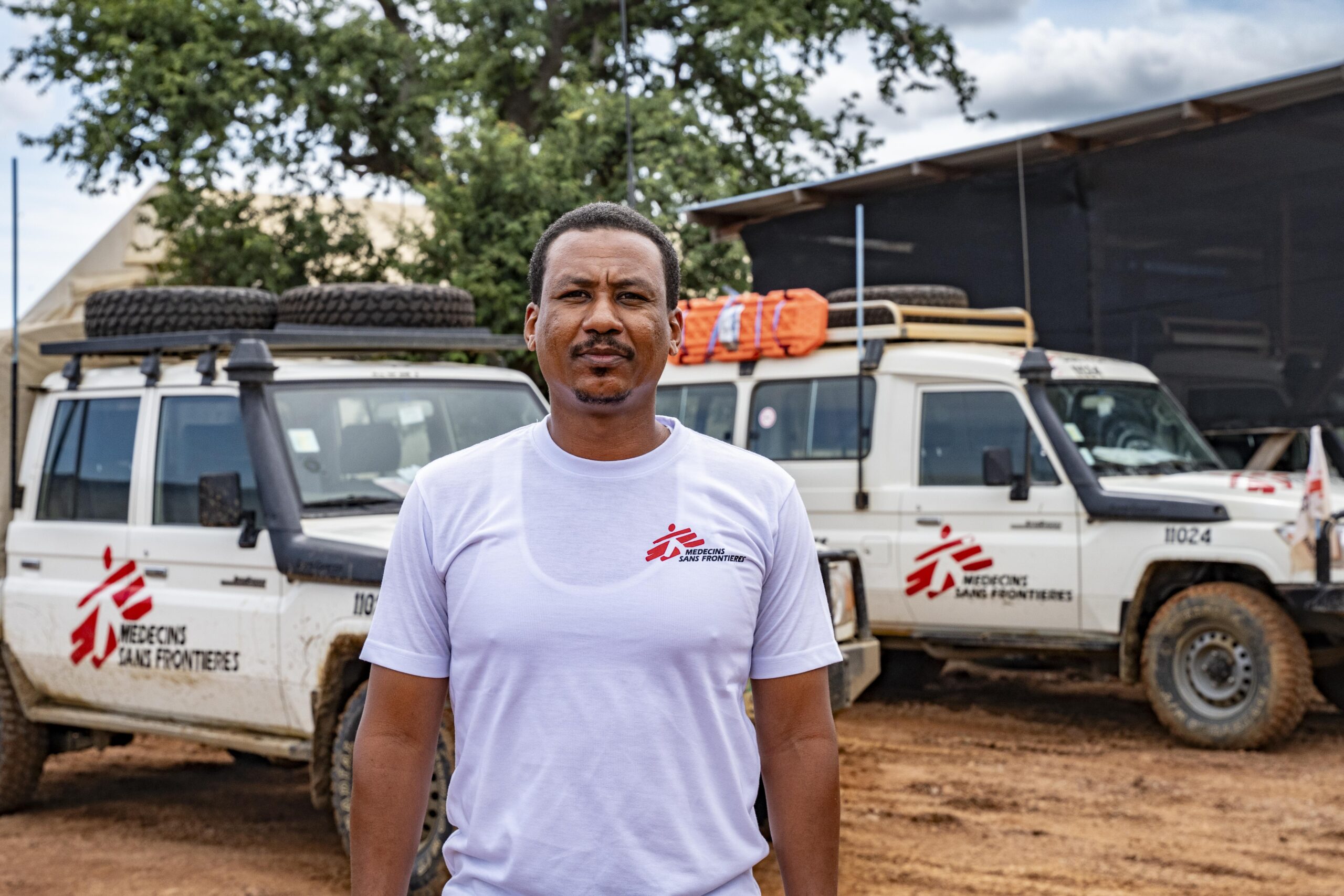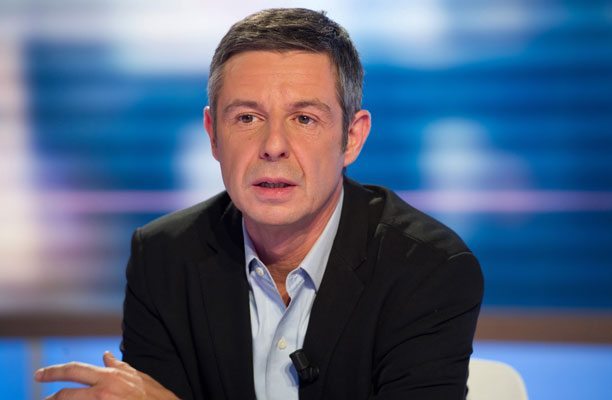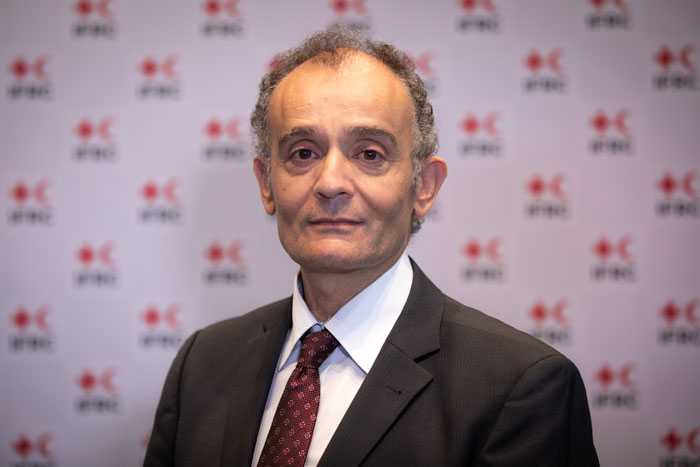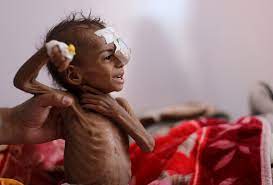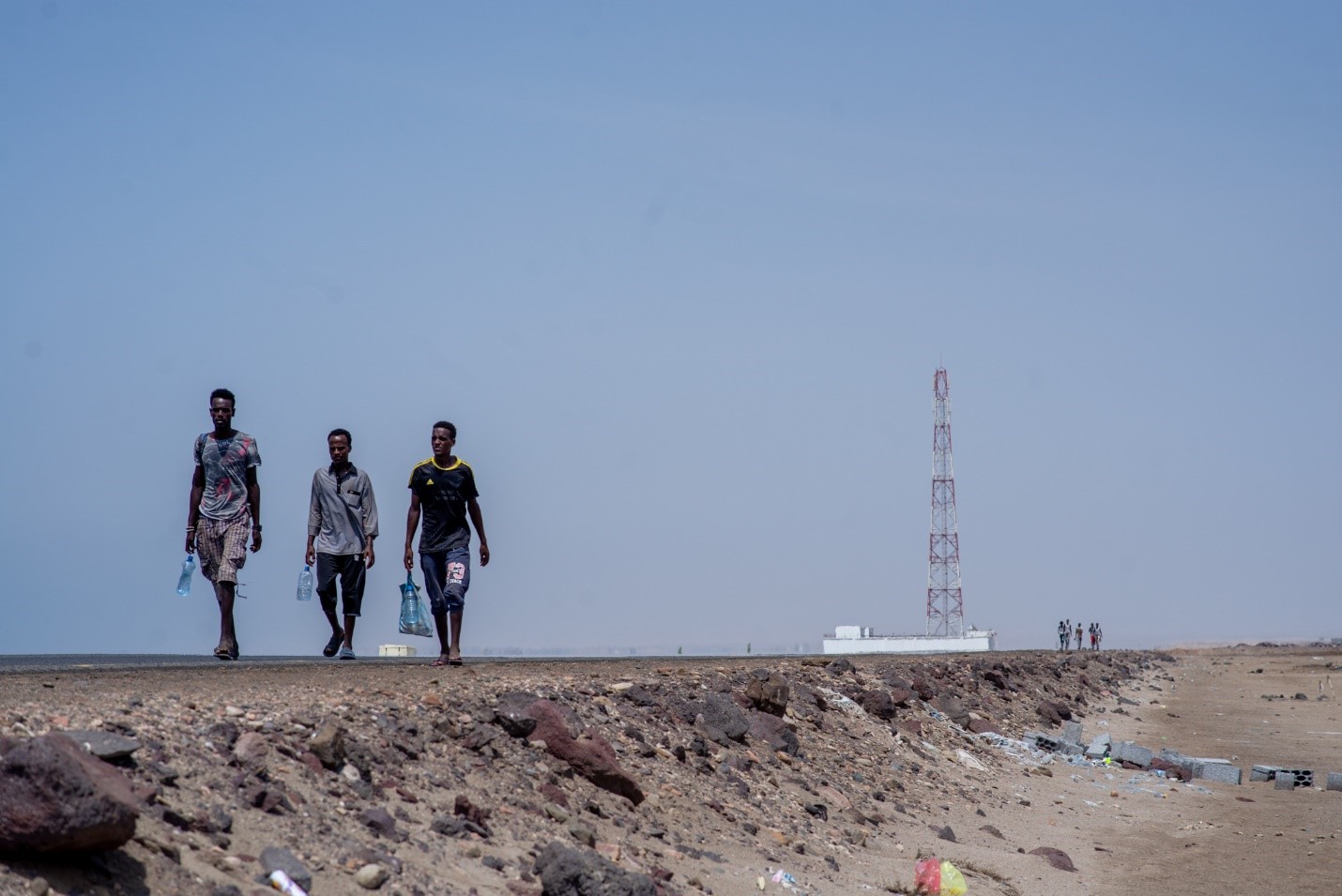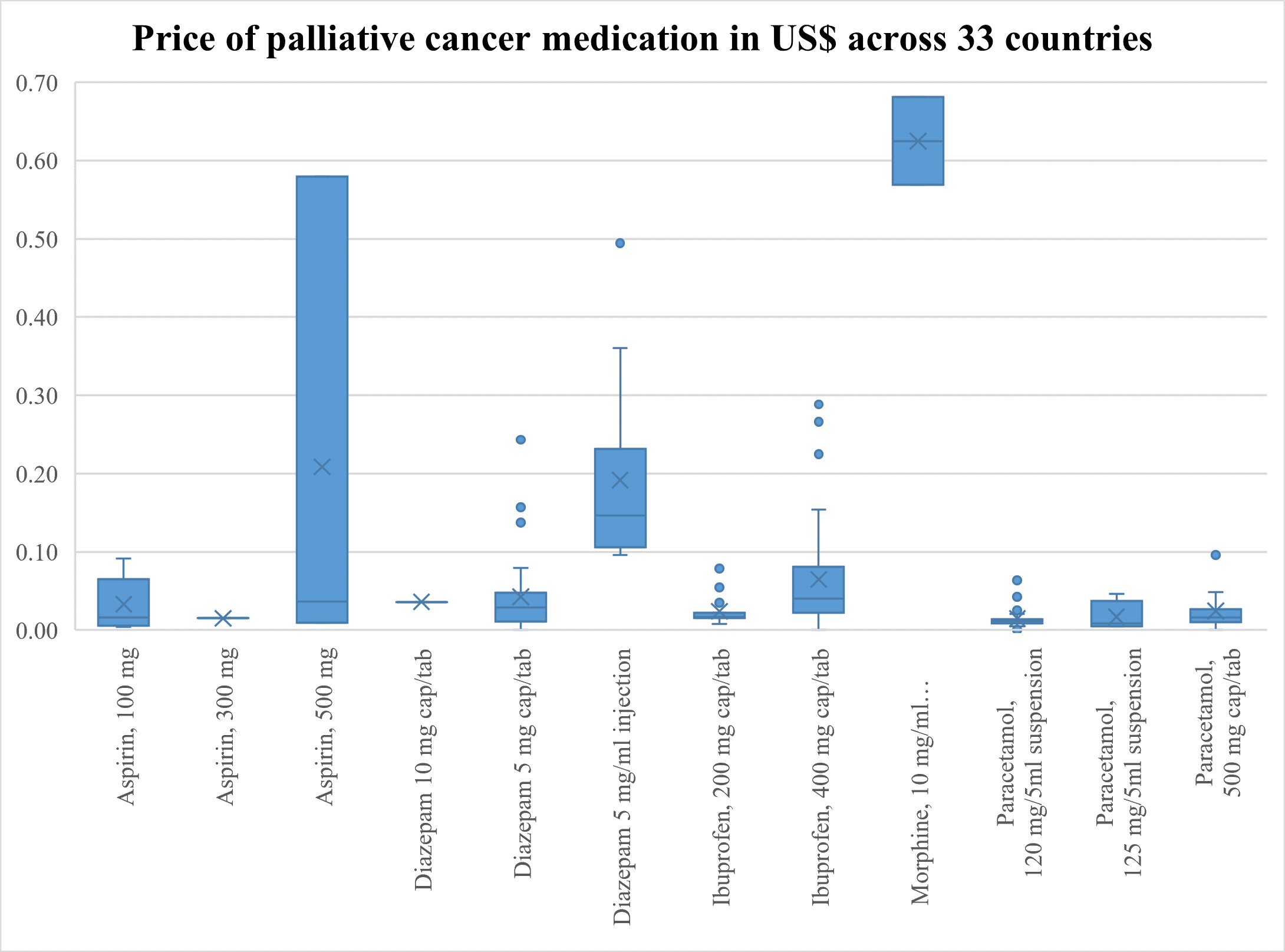Earthquake in Syria: disaster strikes in the heart of protracted crisis: what to prioritize?
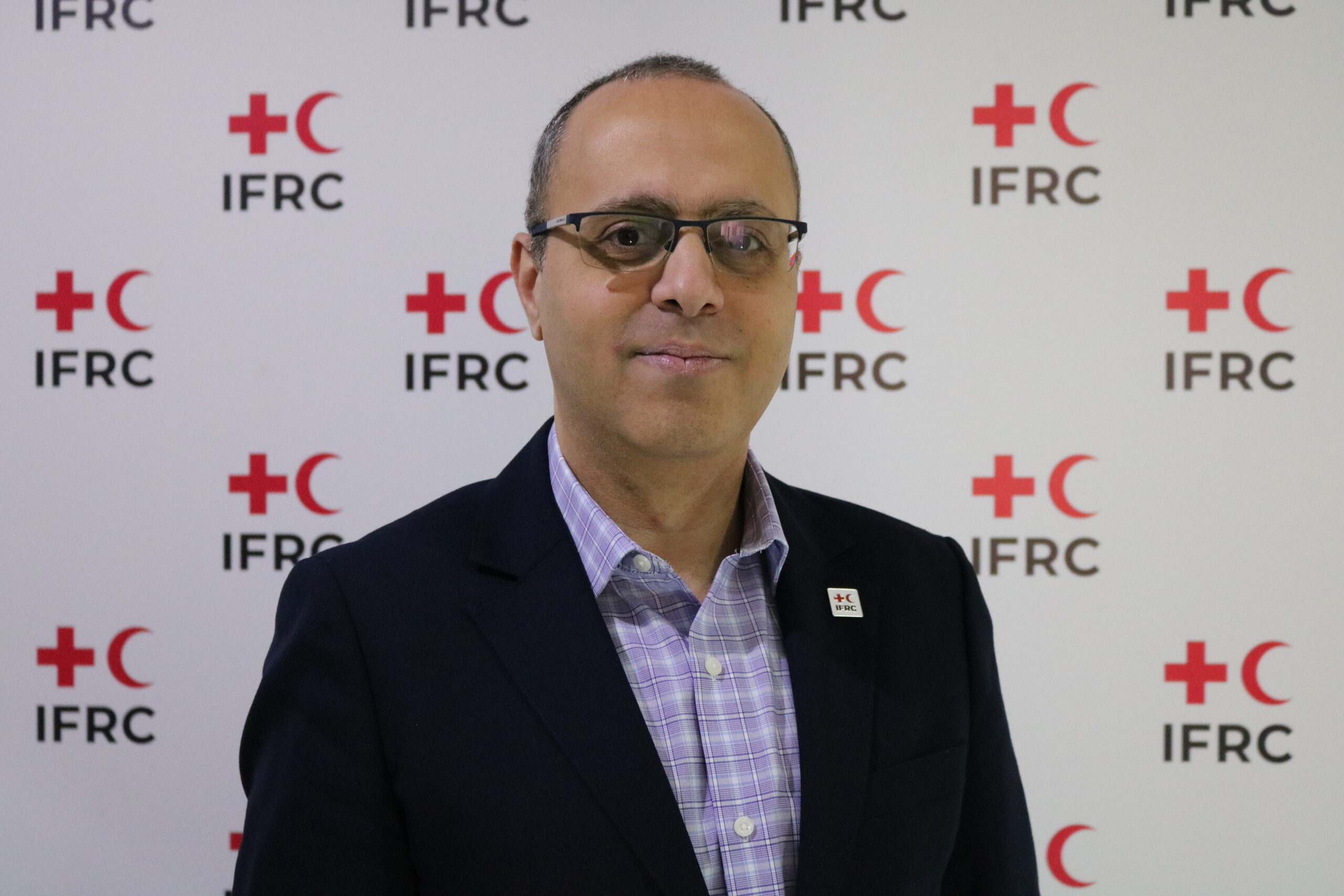
Dr Haytham Qosa, Head of Health and Care Unit at IFRC-MENA Regional Office
In the early morning hours of February 6, 2023, the world was shocked by the devastating news of the earthquake that struck Türkiye and affected areas across southern Türkiye and northern Syria. This earthquake not only hit during a very strong winter storm, but it struck a region that accommodates displaced people from the protracted crisis in Syria. There is no page space in the world large enough to mention the impacts of the Syria crisis and its consequences on the lives of displaced people and host communities. However, this destructive earthquake—with its high number of fatalities, casualties, and damages—has added a new layer of complexity for people already living with challenging conditions and limited resources.
In less than one minute, this sudden destructive earthquake has resulted in heartbreaking fatalities, terrible injuries, damaged buildings, and millions of people now homeless. The real direct and indirect impact of the earthquake will need time to be fully revealed. From a purely public health perspective, we can anticipate potential short- and long-term consequences on people’s health without even running extensive field assessments. Beyond deaths, loss of health infrastructure, and increased disabilities, the effect of the earthquake will extend to people’s overall health and well-being. For example, we know that there will be a lack of regular provision of medicine for chronic disease patients, limited access to essential quality maternal and child healthcare, increased rates of stress-related disorders, malnutrition, inadequate water and sanitation services at crowded shelters, and an increased risk of communicable diseases and outbreaks. These issues will emerge over the coming weeks and months as people grapple with their next steps.
From the first moments of the disasters, the Syrian Arab Red Crescent (SARC) has activated its resources to respond to people’s needs on the ground via an army of staff and volunteers. SARC is currently providing immediate response such as search and rescue, first aid, food, evacuation, psychological first aid, restoring family links, dead body management, various medical services including medical consultations, distribution of medicines, reproductive health, community health, and other critical support as per needed. IFRC has launched an Emergency Appeal (EA) in the response to the affected population of the Syria Earthquake in addition to the instant release of DREF funds of 2 million CHF to kick off SARC’s ongoing response operations. The IFRC is working with a wide range of partners to mobilize resources and expertise to support SARC activities. IFRC plays a crucial role in humanitarian diplomacy and coordinating the efforts of Red Cross Red Crescent National Societies in response to the earthquake emergency in Syria.
As the world’s largest humanitarian network, the IFRC receives inquiries from governments, donors, media, and the public about what is most needed: is it shelter, food, water, health, or cash. The definition of priority could vary widely between various affected populations, academics, and humanitarian workers. Nevertheless, we don’t need to waste our time searching for a perfect answer and a balanced equation to put the needs in order or priority list. Simply, we must listen and respond to priorities and needs identified by the affected population. At the IFRC, our aim is to deliver all possible aid to affected communities as fast as we can. As humanitarians, we need to prioritize actions over lengthy planning, implementation over needs assessments, the delivery over delays, integration over silos, collaboration over competition, humanity over politics, and most importantly people over bureaucracy.



